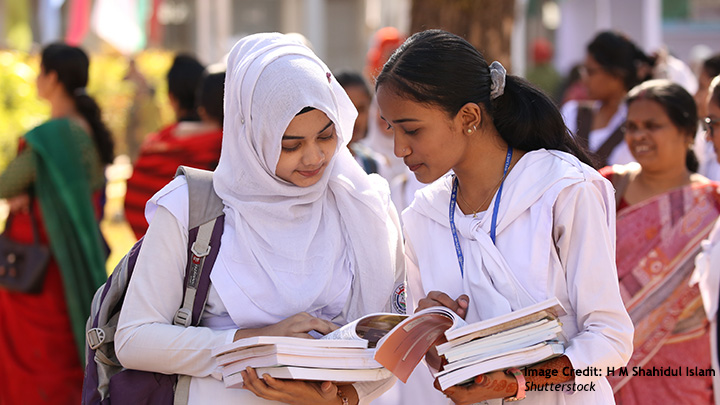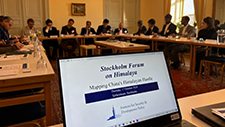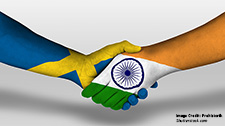Women, Higher Education and Democracy in Bangladesh

Rajeev Dubey
Abstract
The constitution of the People’s Republic of Bangladesh emphasizes that women need to be adequately represented in all walks of life, including higher education. It is obviously crucial for democracy that women are able to express their views and opinions in the discourses which shape public policy. The question is to what extent the higher educational institutions in Bangladesh have facilitated the participation of women in the higher educational public sphere. Closer inspection however reveals that the socio-cultural norms of Bangladeshi society have prevented women from fully participating in the public sphere of higher educational institutions. The case of Bangladesh illustrates that there is a pertinent need for cultural transformation which facilitates change in the attitude towards women. And there is a compelling need to carry out a democratic restructuring of the educational institutions of Bangladesh.
Related Publications
-
First Stockholm Forum on Himalaya calls for Greater Collaboration between India, the EU & the US
China’s role as a revisionist power in the region needs to be addressed Urgency of tackling both environmental and geopolitical issues in the Himalayas October 17, 2024: The first-ever Stockholm […]
-
Navigating the Indo-Pacific: How Australia and the EU Can Partner for Peace, Stability, and Prosperity
To navigate the choppy waters of the Indo-Pacific, the EU and Australia must be on the same wavelength regarding shared interests in rules, values, and an open and liberal economic […]
-
Report of Webinar on China’s Himalayan Hustle – Part I: Can China Achieve Infrastructural Hegemony?
On June 13, 2024, the Stockholm Center for South Asian and Indo-Pacific Affairs (SCSA-IPA) of the Institute for Security and Development Policy, Stockholm, hosted a webinar “China’s Himalayan Hustle Part […]
-
G20 and BRICS: Towards a Joint Pursuit of Effective Multilateralism for the Global South
The Global South is, unarguably, the pivoting point of debates and deliberations in the G20 grouping. As the baton of the G20 presidency passes on from India to Brazil, the […]
-
India-Sweden Strategic Compass, March-April 2024 • Vol.3 • No.2
In an election year, as is true for both in India (Lok Sabha) and in the EU (European Parliament), it is difficult to focus on objectives beyond the present for […]




